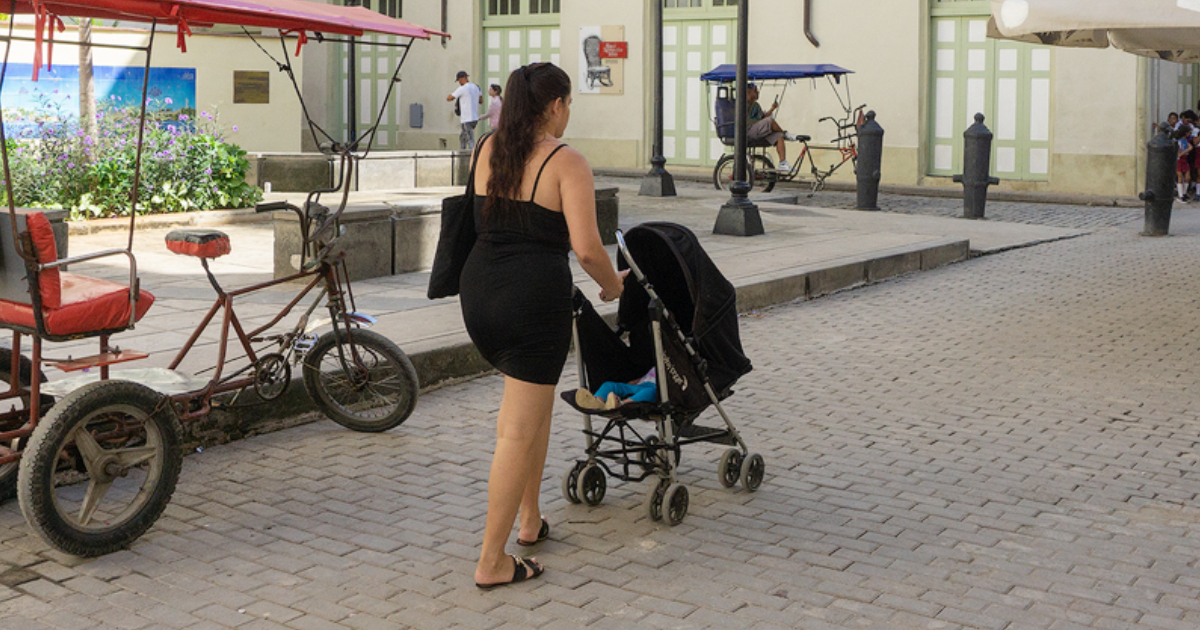
In order to benefit mothers and fathers who take care of their babies in the early stages, Decree-Law 84 of 2024 entered into force in Cuba, extending the period for enjoying the social benefit until the child reaches 15 months of age.
Recently approved in a session of the State Council, the provision modifies articles 1, 8, 24, 40, 42, and 44 of Decree-Law 56 regarding working women's maternity and family responsibilities, dated October 13, 2021.
After its publication this Thursday in the extraordinary edition No. 36 of the Official Gazette of the Republic, the decree will promote family involvement in the growth of young children, in line with the Policy for Addressing Demographic Dynamics.
In a context marked by a serious demographic crisis caused by the aging of the population, the decline in birth rates, and migration, the measure is part of the government's intentions to address and stimulate fertility.
Likewise, it aims to ensure and facilitate medical care for working women during pregnancy, pre and postnatal leave, breastfeeding, and for both parents or family members caring for babies, as explained by the regulations.
The regulation ratifies what was stipulated in 2021 regarding the full payment of salaries to working mothers in the state and non-state sectors in cases of high-risk pregnancies, as well as the enjoyment of social and monetary benefits through medical certificates for pregnant women and mothers with sick children.
Cuban female workers are entitled to receive 60% of the average monthly salary during their pre and postnatal leave, which is calculated in line with their earnings in the 12 months prior to their maternity leave.
Previously, in 2017, two decrees and four resolutions were approved that extended the benefits of maternity by including the paid participation of other relatives in child care and reducing taxes for female workers in the private sector with two or more children under 17 years of age.
Cuba is one of the most aged countries in the region. According to official figures from 2023, two out of every 10 nationals (21.9%) are at least 60 years old, as reported by the press agency EFE.
Furthermore, the birth rate is 8.9 per 1,000 inhabitants, and the fertility rates reached their lowest number in the last 60 years, according to data from the Population and Development Studies Center, cited by the Spanish media.
What do you think?
COMMENTFiled under: